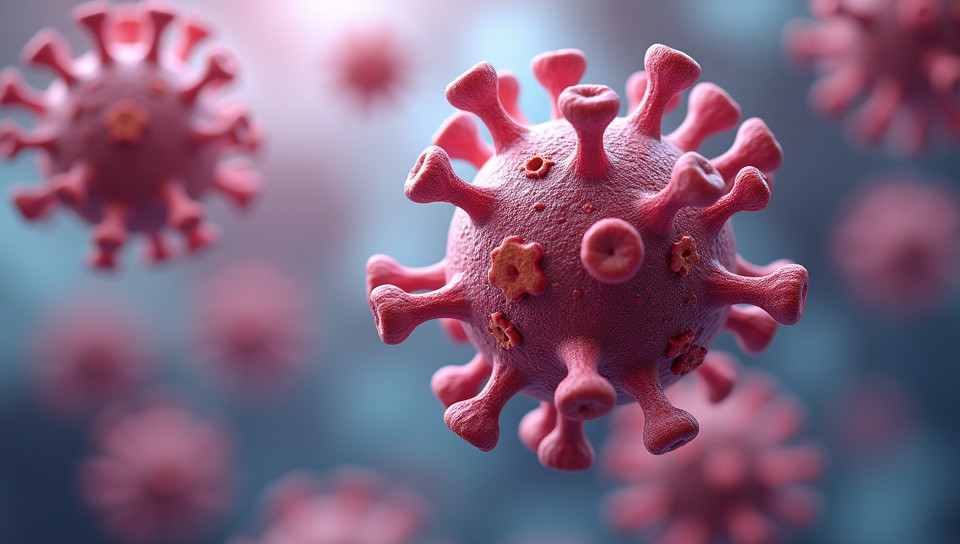Non-therapeutic antibiotic use contributes to resistance issues 93%

The Silent Threat to Global Health: How Non-Therapeutic Antibiotic Use Contributes to Resistance Issues
Antibiotics have been a cornerstone of modern medicine for decades, saving countless lives and transforming the way we approach infectious diseases. However, their overuse and misuse have led to a growing concern that threatens to undermine the very progress we've made in healthcare. One particularly insidious trend is the widespread use of antibiotics outside of therapeutic settings, which not only fails to provide any meaningful health benefits but also contributes significantly to the rise of antibiotic-resistant bacteria.
The Devastating Consequences of Non-Therapeutic Antibiotic Use
Non-therapeutic use of antibiotics refers to the practice of using these medications for purposes other than treating bacterial infections. This can include administering antibiotics as growth promoters in agriculture, using them to prevent illnesses in healthy individuals, or even relying on them to clean wounds and promote healing.
The Rise of Superbugs
The consequences of non-therapeutic antibiotic use are far-reaching and devastating:
- Antibiotic resistance is a growing problem worldwide
- Over 700,000 people die each year due to antibiotic-resistant infections
- The World Health Organization (WHO) has identified antimicrobial resistance as one of the top 10 global health threats
The Role of Agriculture in Promoting Antibiotic Resistance
The use of antibiotics in agriculture is a significant contributor to the development and spread of antibiotic-resistant bacteria. When used as growth promoters, these medications select for microorganisms that are resistant to their effects, creating "superbugs" that can wreak havoc on human health.
Why Antibiotics in Agriculture Need to Be Reassessed
- Up to 80% of all antibiotics sold worldwide are used in agriculture
- The use of antibiotics in agriculture accelerates the development of antibiotic resistance
- Antibiotic-resistant bacteria can contaminate food and water, posing a risk to public health
A Call to Action: Rethinking Our Approach to Antibiotics
The consequences of non-therapeutic antibiotic use are clear. It's time for healthcare professionals, policymakers, and individuals alike to take action and reexamine our approach to antibiotics.
What Can We Do?
- Use antibiotics only when necessary
- Support policies that promote responsible antibiotic use
- Encourage research into new, alternative treatments
The rise of non-therapeutic antibiotic use is a ticking time bomb, threatening the very foundations of modern medicine. It's imperative that we act now to prevent further damage and ensure the continued effectiveness of these life-saving medications.
In conclusion, the relationship between non-therapeutic antibiotic use and antibiotic resistance issues cannot be overstated. By taking immediate action and reevaluating our approach to antibiotics, we can mitigate this growing threat and safeguard the health of individuals worldwide for generations to come.
- Created by: Rían Doherty
- Created at: Oct. 19, 2024, 7:39 p.m.
- ID: 13650








